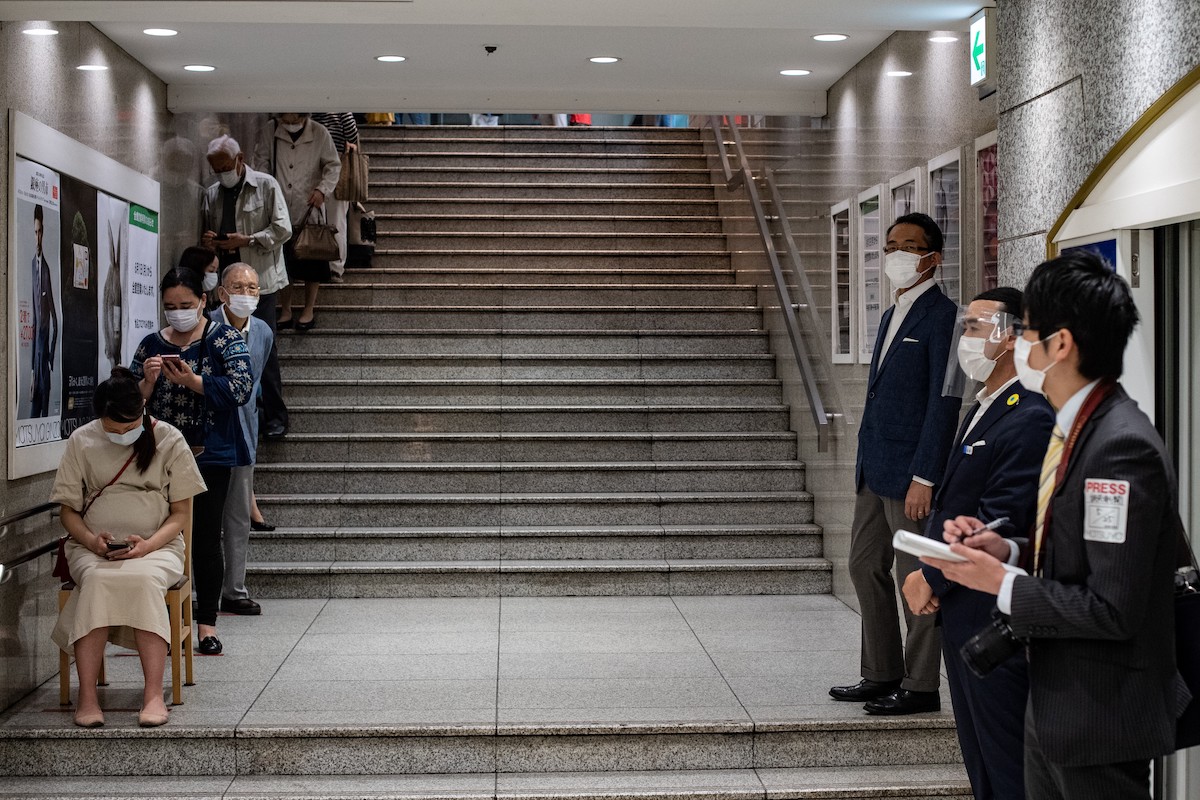(ATF) For markets, virus news still beats all else – US-China cold war jitters included.
Prime Minister Shinzo Abe announced that the Japan coronavirus emergency is over. Germany said it will open borders for visitors from 31 European countries by June 15. Several German states are lifting vrtually all lockdown restrictions.
As the world’s number-three and number-four economies reopen, following on the heels of most of Asia and leading the way for the rest of Europe, Asian stocks advanced briskly on Tuesday, the Stoxx Europe Index jumped and even US futures advanced, increased numbers of new infections in the global pandemic epicenter notwithstanding.
When risk assets gain, demand for the US dollar recedes and today was no exception. The DXY dollar index was down a sharp 0.6% to 99.2630 by 7pm HK time. If US stocks advance as futures indicate, the dollar decline could carry over into the US trading day as markets there reopen after the long Memorial Day weekend.
All significant Asian currencies advanced against the dollar; only the Chinese yuan stayed put. Even on a day of strong equity advances and dollar downdraft, the yuan just barely held its own.
The people’s Bank of China (PBoC) set parity at the weakest level since January 2008, at 7.1293. But by 7pm, CNY traded at 7.1336. CNH stood at 7.1428. Record yuan weakness persists and will continue as China-US tensions stay at high levels.
Those tensions are most clearly reflected in downward pressure on the Hong Kong dollar. Volume of HKD options jumped last Friday to over $3.5 billion, with 30% of the derivatives trade betting that the HKD will hit or drop below the weak end of its trading band with the USD. Fears of flight from the HKD are most obvious in the swap market where the spread between Hong Kong and US rates reached levels not seen since the late 1990s. There is high demand for hedges against HKD depreciation.
























